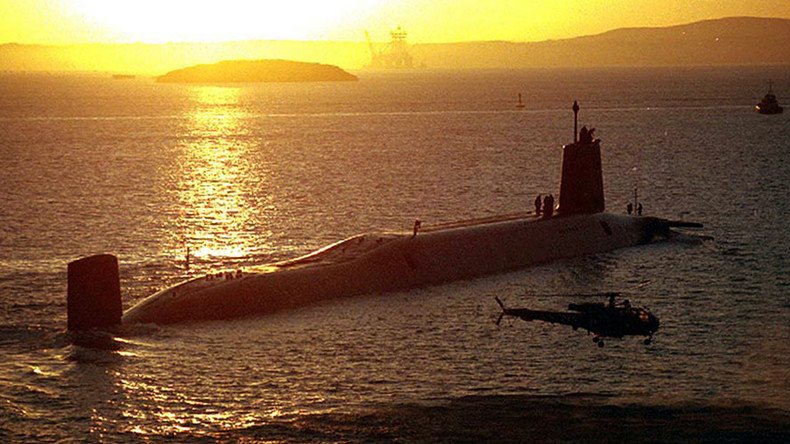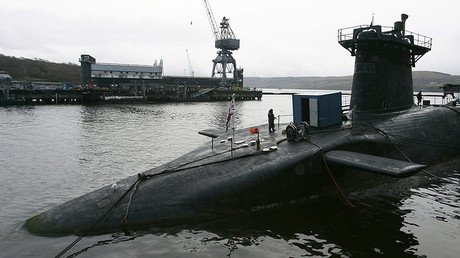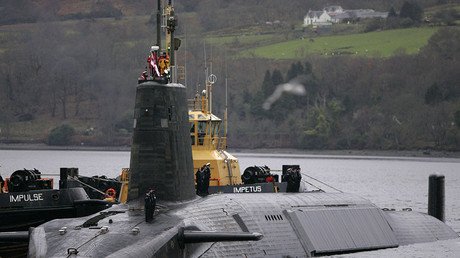MoD admits it’s worried about security at Trident nuclear weapons base

Britain’s Trident nuclear weapons program has suffered a skills shortage for the last 10 years, posing a threat to nuclear safety, a Ministry of Defence (MoD) report says.
The latest annual report from the MoD’s internal watchdog, the Defence Nuclear Safety Regulator (DNSR), says staff shortages are a “key strategic issue” which requires attention to ensure continued “safe delivery” of the nuclear weapons program.
DNSR has expressed concern about this issue since 2006, the report says.
The construction of new submarine reactors, upgrades to nuclear warheads and the decommissioning of defunct submarines are all meant to take place over the next few years.
The issues raised in the report are “concerning” and the shortage of workers with more than 20 years’ experience is a trend that will worsen, nuclear specialist from the University of Sussex Dr. Phil Johnstone told the Ferret investigative news platform.
“It must be questioned whether there will be sufficient numbers of highly-skilled experienced workers to maintain the rigorous regulatory standards and safety culture surrounding such activities,” Johnstone says.
He says the UK government’s plans to build five new civil nuclear power reactors of different designs are “wildly ambitious.”
“In my opinion we are facing an unprecedented critical juncture in terms of the challenges of regulating such a diverse range of nuclear activities that will ultimately require substantial amounts of public money being spent on UK nuclear once again.”
The report also highlights the decision to prolong the lives of the Trafalgar and Vanguard class nuclear submarines because of delays in introducing the new Astute class and Trident replacement submarines.
“Slippage to the delivery of key projects will necessitate the continued use of current facilities for an extended period,” the report says.
The report says remedial measures, such as a new recruitment and retention allowance, have had some impact in attracting staff and reducing the “outflow of highly skilled personnel,” but “vulnerability remains in this small and highly-skilled group.”
A campaign group that monitors nuclear issues, the Nuclear Information Service, says the DNSR is “not up to the job” and should be scrapped.
“For 10 years the DNSR has been trying and failing to improve the staffing situation in the MoD’s nuclear program,” the group’s Peter Burt told the Ferret.
“It should be wound up, and its responsibilities given to an independent new civil sector nuclear watchdog which is prepared to use its teeth to improve safety.”
In its defense, the MoD says the DNSR noted “exceptionally high standards of nuclear and radiological safety for the submarine crews, the defense workforce, the public and the protection of the environment.”
A spokesperson said the “skills gap” is being tackled by a government-funded nuclear college that would provide high-level technical training.
The establishment of the Nuclear Industry Council, set up by the government in 2013, had “developed a cross-sector approach to the challenges," the MoD says.
On Tuesday, it was revealed by the Nuclear Information Service that Britain was secretly upgrading its arsenal of Trident nuclear weapons and developing an entirely new warhead.
Controversially, parliament is yet to consent to its renewal.














